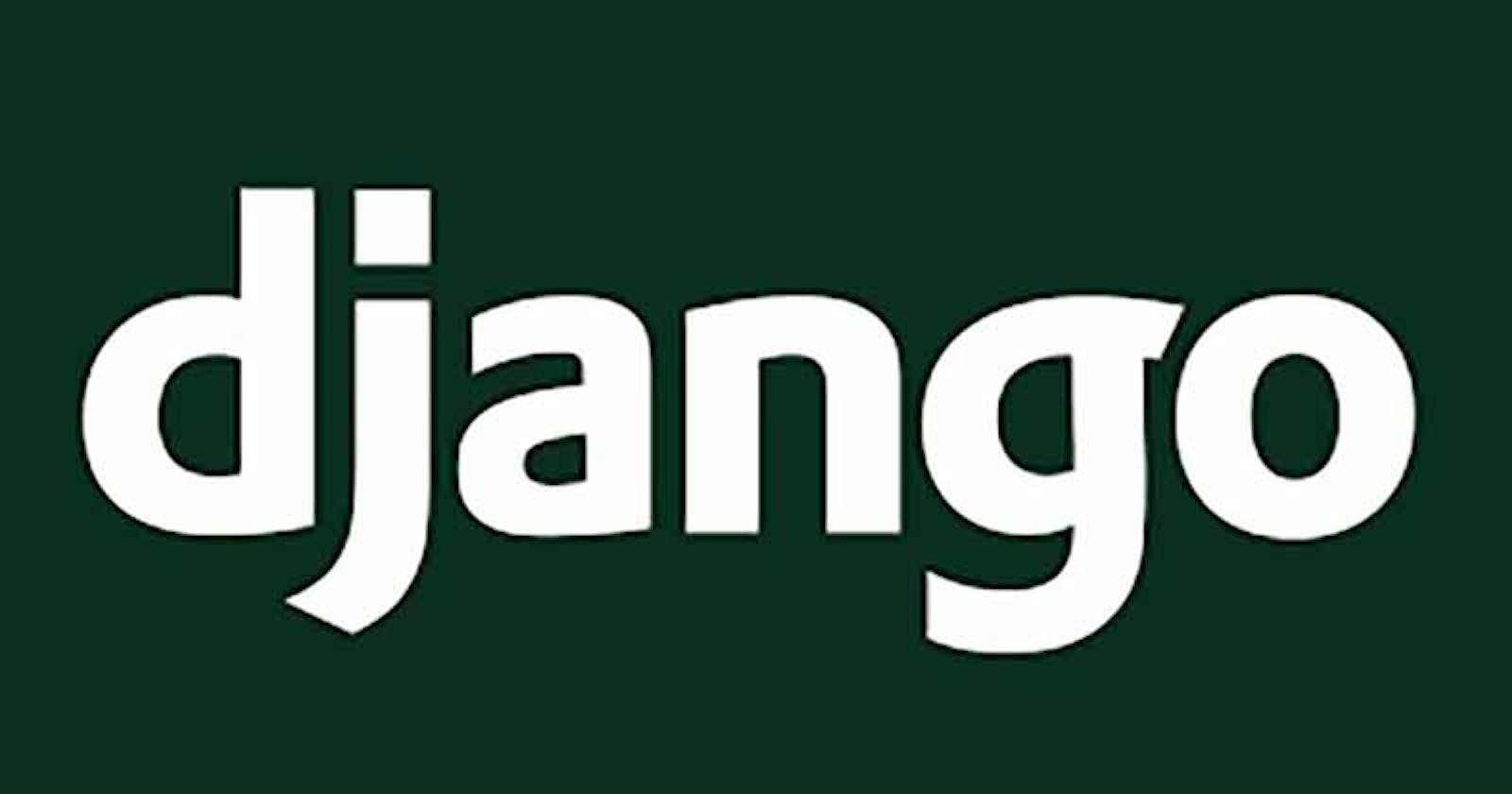Apps in Django - Concept & Free Samples
In Django, a "Django app" or "application" is a self-contained module within a Django project that provides a specific functionality
Hello Coders!
This article explains the Apps Concept in Django, a leading backend framework used to code secure and scalable web apps and services. In Django, an "app" (short for application) is a self-contained module or component of a web application that encapsulates a specific functionality or set of related features.
Django encourages developers to structure their projects by breaking them down into multiple apps, each responsible for a particular aspect of the application. Django Apps are designed to be reusable, making it easier to develop complex web applications with modular and maintainable code.
Here are some key points about Django Apps
Permalink✅ Modularity
Apps in Django are meant to be highly modular. Each app should have a specific purpose or functionality, such as user authentication, blog management, or product catalog. This modularity encourages code reusability and maintainability.
Permalink✅ Independence
Django apps are self-contained and should not have strong dependencies on other apps within the same project. This separation allows you to plug and play apps in different projects as needed.
Permalink✅ App Structure
An app in Django typically consists of the following components:
Models: Defines the data structure and database schema.Views: Handles request processing and generates responses.Templates: Contains HTML templates for rendering pages.URLs: Defines URL patterns and routing for the app.Staticfiles: Stores CSS, JavaScript, and other static assets.Management commands: Provides custom management commands for the app.Tests: Contains unit tests to ensure the app's functionality is working as expected.
Permalink✅ Reusability
Once you've developed an app for one project, you can reuse it in other projects. This is particularly useful for common functionalities like user authentication or a blog system.
Permalink✅ Pluggable
Django apps can be thought of as pluggable components. You can easily add or remove apps from your project to tailor it to your specific needs. Django's built-in admin interface also works seamlessly with apps, making it easy to manage data related to each app.
Permalink✅ Django's App Registry
Django uses an app registry to manage installed apps in a project. You need to add your app to the INSTALLED_APPS list in your project's settings to activate it.
Permalink✅ How it Works
Here's an example of how Django apps work:
Suppose you're building an e-commerce website. You might create separate apps for different parts of the site, such as:
Products App: Manages product listings, descriptions, and details.
Cart App: Handles shopping cart functionality.
User Authentication App: Provides user registration, login, and profile management.
Order Management App: Deals with order creation, payment processing, and order history.
Reviews App: Allows users to submit product reviews and ratings.
By organizing your project into these apps, you can work on each component independently, making it easier to maintain and scale your application. Additionally, you can reuse these apps in future projects or share them with the Django community, contributing to the ecosystem of reusable Django apps.
Permalink✅ Django App Samples
This section mentions a few Django projects that provide apps, configuration, and deployment scripts.
Permalink👉 Django App Material
Open-source Django project crafted on top of Material Kit, an open-source design from Creative-Tim. The product is designed to deliver the best possible user experience with highly customizable feature-rich pages.
Django Material Kit -
Product pageDjango Material Kit -
LIVE Demo

Permalink👉 Django App Pixel
Free starter built on top of Bootstrap 5 and Django with database, authentication, and Docker. Design provided by Themesberg.
Django Pixel Bootstrap 5 -
Product pageDjango Pixel Bootstrap 5 -
LIVE Demo

Permalink👉 Django App Soft Design
Open-source Django project crafted on top of Soft Design, an open-source Bootstrap 5 design from Creative-Tim. The product is designed to deliver the best possible user experience with highly customizable feature-rich pages.
Django Soft Design -
Product pageDjango Soft Design -
LIVE Demo

Permalink✅ In Summary
Django is a free and open-source web framework written in Python. It's designed to help developers quickly and efficiently build robust, scalable, and maintainable web applications.
Django follows the "Don't Repeat Yourself" (DRY) and "Convention over Configuration" (CoC) principles, aiming to reduce redundancy in code and streamline the development process.
For more resources, feel free to access the official documentation or ask for support regarding Django Development on AppSeed.
Permalink✅ Resources
👉 Access AppSeed and start your next project
👉 Deploy Projects on Aws, Azure, and DO via DeployPRO
👉 Create landing pages with Simpllo, an open-source site builder
👉 Django App Generator - A 2nd generation App Builder
